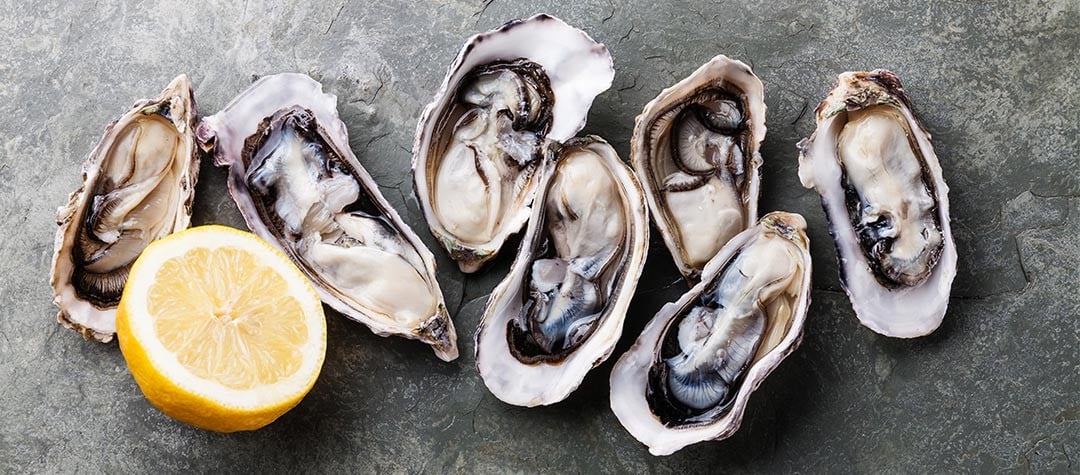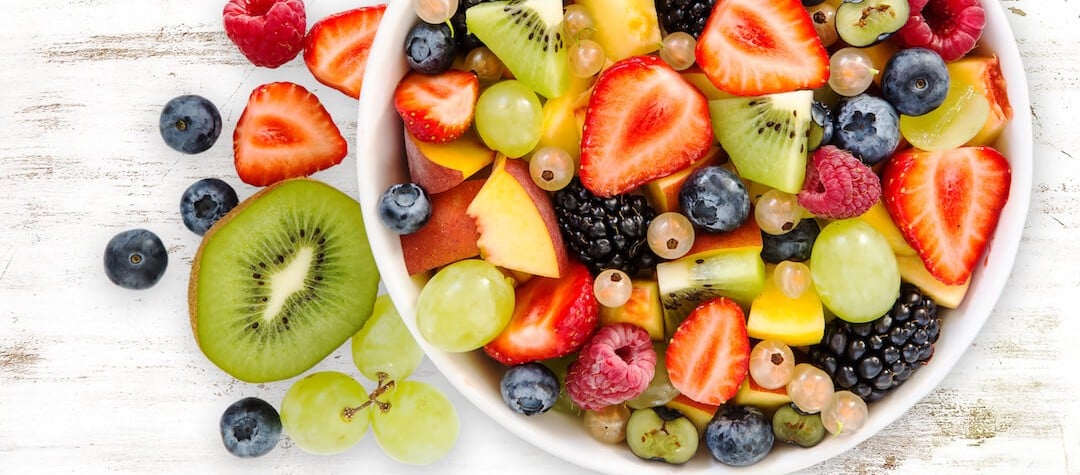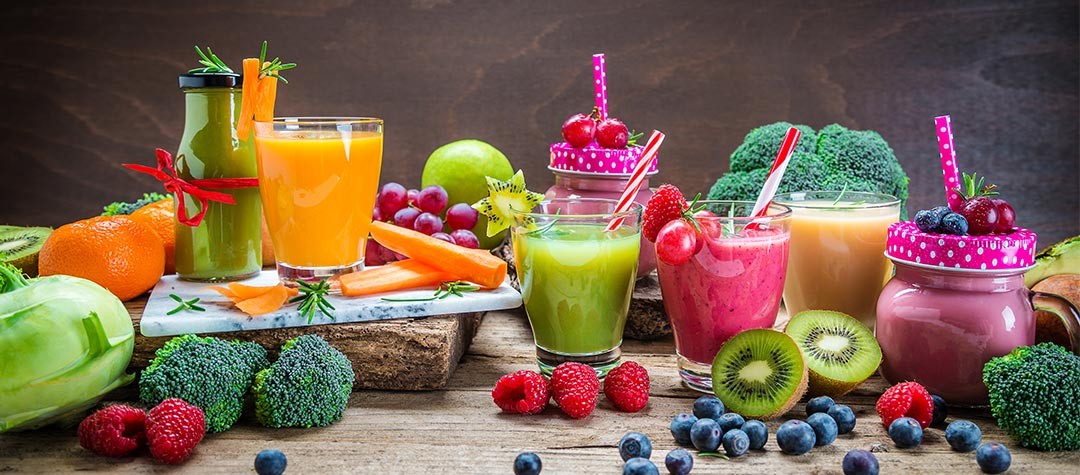Despite checking out food packets and really keeping a close eye on what you consume, there is a large chance that you may not know abouts these interesting food facts. Here are 7 facts about food that you may find hard to swallow.
1. Bird’s saliva is actually an expensive delicacy
Forget caviar and expensive truffles, bird’s saliva is the food of the well-heeled, at least in China anyway. Bird’s nest soup, is an expensive delicacy made from rare bird’s nests created from the saliva of small swiftlets. The nests, which have been used in Chinese cooking for over four centuries, are dissolved in water to make a soup which is believed to have exquisite flavour and be of benefit to health. These bird nests are considered to be one of the most expensive animal food products consumed by humans.
2. Your food is allowed to contain trace of insects
You could be forgiven for thinking that when you buy your food that it will be bug-free and that the law would ensure that it stays that way. Well, unfortunately not. It seems that some of these elements are allowable (and often unavoidable) in small quantities. In the US, for example, The Food and Drug Administration (FDA) allows for “natural defects” in food products, meaning your food can legally contain traces of stuff that you probably don’t want to be swallowing. The FDA will only begin an investigation into foods once they go over the allowable levels they set. For example, chocolate would only every be investigated once it reaches 60 or more insect fragments per 100 grams - anything below this level is considered ok. For peanut butter the level is set lower at 30 insect fragments per 100 grams.
3. Fruit & veg are less nutritious than they used to be
You may well be eating the recommended levels of fruit and vegetables but it’s possible it mightn’t be doing you the same amount of good that it used to do.
Finding published in the journal HortScience suggest that due to modern agricultural practices fruit and vegetables are less nutritious than they were around half a century ago. It was suggested that you would have to eat eight times the amount of oranges now to get the same amount of vitamin A as your grandparents would have years before. To try and max your benefits from eating fruit and veg, consume more of it and where possible eat organic produce.
4. Pre-packaged salads and greens may not be clean
When you buy your salad and other fresh green produce pre-packed it will have gone through a washing process, but just how clean is it? A Consumer Reports look at pre-washed salads found that 39 per cent of the 200+ samples tested contained bacteria, the type of which would indicate contamination. Similarly, a study from the University of California, Riverside found that certain leaves - in this case spinach leaves - have numerous nooks and crannies where bacteria can remain despite washing. The best advice is to thoroughly wash all greens regardless of the packaging or otherwise they come out of.
5. Chewing coffee beans can help eliminate bad breath
Been overdoing it on the garlic and needing to rid yourself of the smell on your breath? Those of you who choose to chew on some gum or even some extra strong mints are doing it wrong as the answer apparently lies in the coffee bean. Yes, chewing on the roasted coffee beans can go some way to ridding you of your garlic or onion breath. Other good options to freshen your breath include parsley or mint leaves. If you prefer to drink your coffee rather than chew it then Israeli scientists have found that coffee can inhibit the bacteria that leads to bad breath, but best to drink it black.
6. Chocolate is as healthy as fruit
While we were telling you earlier to eat more fruit, perhaps we should also be telling you to eat more chocolate. Research has suggested that chocolate can be just as good for you as fruit. In tests that compared dark chocolate with fruit juices made from from blueberries and pomegranate, dark chocolate was found to be higher in disease-fighting antioxidants. For maximum benefit it is best to choose dark chocolate over milk chocolate, as the the dairy variety contains additional sugar and is much more processed which reduces the health benefits.
7. Chocolate supplies may run out
Bad news for those of you wanting to take advantage of the chocolate benefits mentioned above as the popular treat is in real danger of going into shortage. For starters, prices of your favourite chocolate bars have in recent years been on the rise (or the bars have been shrinking in size) due to the growing global demand for cocoa. In addition, the additional demand from emerging mass markets such as China, India, Indonesia, Brazil and Russia mean there aren’t enough cacao trees to meet demand and the possibility of a supply shortfall could be on the way.















